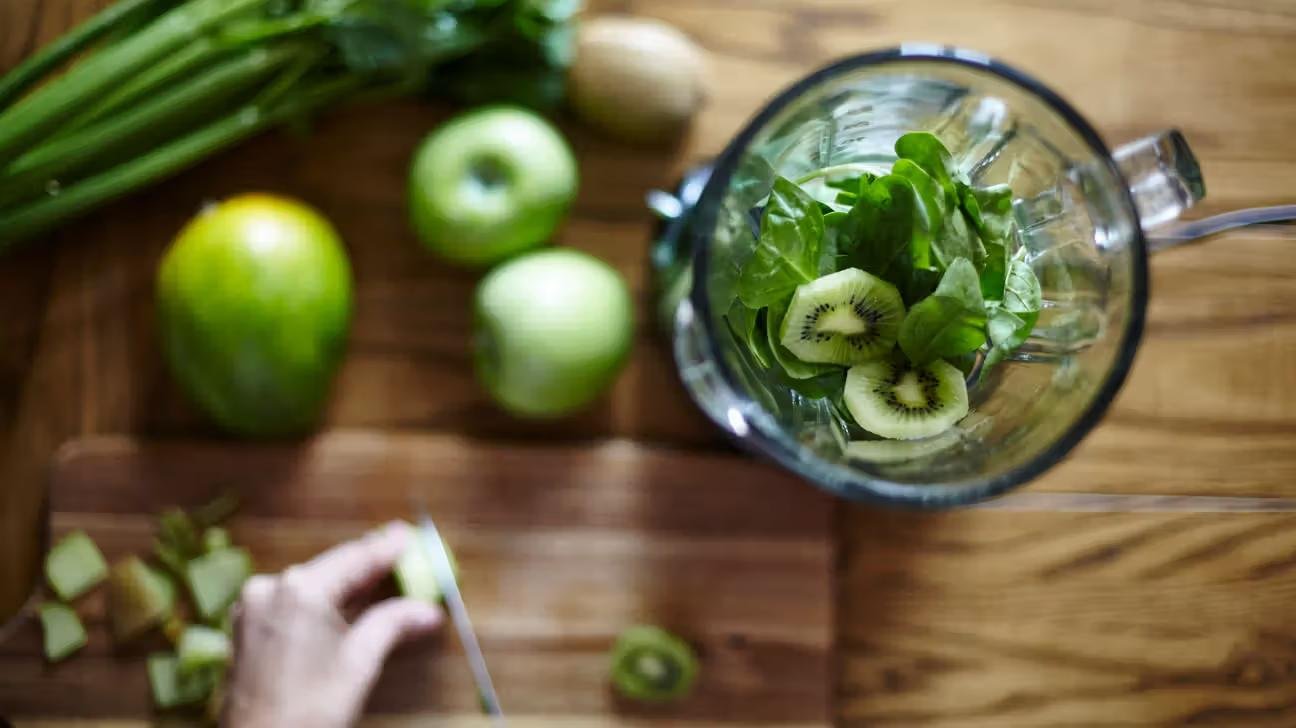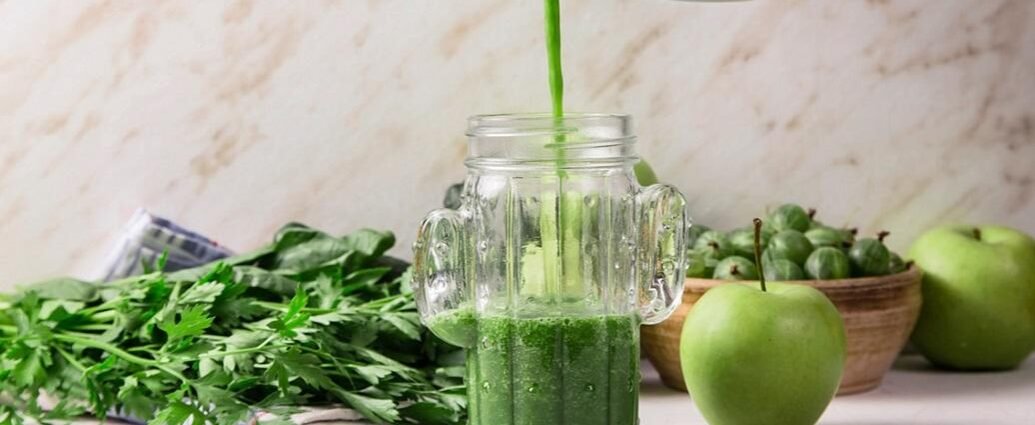Detox diets have become very fashionable in a short period of time. Some experts in nutrition, fitness, personal trainers, among others, recommend them as an extra push to cleanse our body, but what are the benefits of actually purifying our body based on food? Does it really work?
What Is The Detox Diet?
It is a food method that consists of helping to remove from our body everything that it does not need, with the aim that its functioning is much more efficient, so we can benefit from losing some kilitos in more ways in a healthier way and feel better.
Detox diets have gained visibility and followers due to their visible effects, especially physicists, but it is important to note that mental benefits are also obtained with this lifestyle, thanks to oxygenation of the brain.
Mixing organic ingredients such as fruits, vegetables, certain cereals and some foods known as “superfoods,” it is proven to help cleanse the body and release toxins from the body, thus increasing the absorption of vitamins, minerals and antioxidants.
What Benefits Does it Bring To The Body?
What is really sought with this diet is to remove toxins from our body, because daily we are exposed to any amount of synthetic chemicals such as pesticides, antibiotics, hormones and environmental toxins; and despite the fact that the body already has its own intelligent organ system to get rid of such toxins, eventually including a diet detox brings many health benefits.
If you really get conscious and take control of your cleaning you’ll probably get:
– Compensation for the days of excess
– Losing weight
– Clean your skin and hydrate it
– Oxigenate the brain
– Reduce tiredness and improving rest
– Regulate intestinal transit
– Reset the body without many health risks
Beyond being a fashion, despite the boom that is gaining more and more, detox are a healthy lifestyle with tangible short-term results, because thanks to them from the body liquids are eliminated, there is a low calorie contribution and more important is the content of fiber, potassium and vitamins it provides us.
When Should we Really Start A Detox Diet?
Every day we are very exposed to intoxicating ourselves through the food we consume, in the same way as at the environmental level, damaging our body and suffering from diseases. Many of the products we consume in our meals, water, air, chemicals in general, have a heavy load of pollutants that affect our health.
It is very important to be aware of the exposure to which we live in the day to day regarding the accumulation of toxins in our body, but there are certain indicators that will help you to decipher when it is necessary to give your body a break and begin to purify yourself:
– Constant headaches
– Digestive problems such as abdominal swelling, poor digestion, constipation
– Overweight.
– Chronic stress
– Bad mood
– Anxiety.
– Skin problem: dryness, loss of brightness, appearance of acne shoots and black spots, spots located
How Can We Do a Detox Diet?

Detoxification is a task that should be done day by day, so it is so important to be aware of what we eat, and for this you need to know what those foods that support purification and detoxification are.
Detox diets don’t really work as such, basically because diets in general aren’t exceptionally good. All measures taken as shortcuts to put patches on a deeper problem do not work. It is much better to learn how to carry and maintain a balanced diet that includes a variety of vegetables, fruits, legumes and whole grains, reducing the intake of dairy, animal products and processed and ultra-processed foods.
You should also include in your detox probiotics and fermented foods, as well as drinking plenty of water, exercising regularly and sleeping the hours needed to get a good break.
Foods you can include in a diet detox
Here is a list that foods can include in your diet to keep your body healthy:
– Green Leaf Vegetables: The Food Guides for Americans 2010, the federal government recommends consuming kale (kale), broccoli, Brussels cabbage, cabbage, Roman lettuce, spinach, because consuming them daily increases the power of the liver for detoxification thanks to glucosinolates, chemicals that break down in isotiocyanates (ITCs). Likewise, its high fiber content helps keep the gut clean.
– Flaxseed powder: Helps eliminate toxic products from intestinal flora thanks to lignans. Lignans are phytochemicals that the bacteria of the human intestine become other lignans, enterodiol and enterolactone, with estrogen-like effects and that are powerful anticancers. According to scientific research, lignans fight the chemicals that cause cancerous tumors and block estrogen receptors, which could reduce the risk of colon cancer, lung cancer, prostate cancer, breast cancer
– Red fruits: strawberries, red or blue blueberries, raspberries, have lots of antioxidants and anti-inflammatory properties, as well as pomegranate, which improves detoxification by the liver and maintains the levels of cholesterol and glucose in blood balanced.
– Extravirgin olive oil: it is rich in phenols which increases the production of detoxifying chemicals such as glutathione, a tryptox found in cells and whose function is to protect them from oxidation. It improves cholesterol and lowers the inflammatory chemicals that our body makes.
– Artichoke: has diuretic and purifying properties.
– Turmeric: It has great ability for natural detoxification and its anti-inflammatory power. It helps slow down its action to degrade toxic chemicals in our body so that toxic metabolites are not created when the two phases of liver detoxification are not synchronized. It also improves our body’s ability to produce natural anti-inflammatory drugs. In extract you can eat from 1000 to 2000 mg a day and in your kitchen you can use 2 to 10 gr per day.
– Green tea: helps your liver remove toxins and is both a powerful antioxidant, eliminating inflammation.
– Resveratrol: is a natural polyphenol present in numerous plants and fruits such as peanuts, blackberries, blueberries, and, in particular, black grapes (skin and seeds and therefore in red wine). It acts as an antioxidant, anti-aggregate platelet, anti-inflammatory, and vasodilator, and inhibits cell proliferation.
